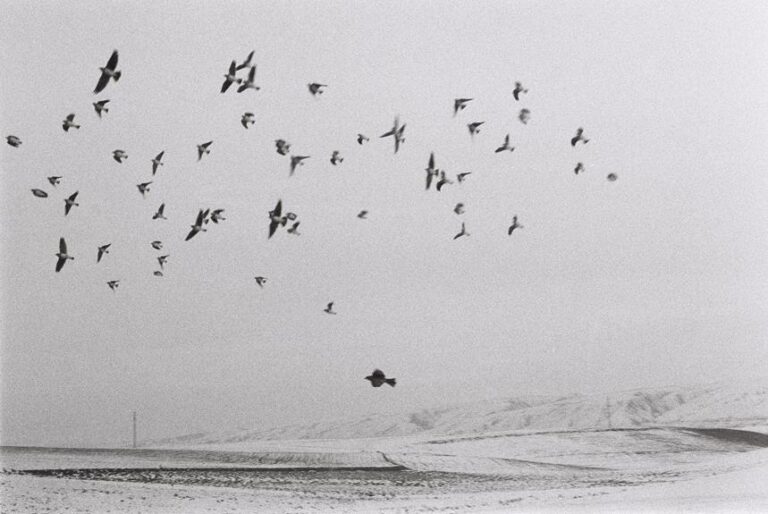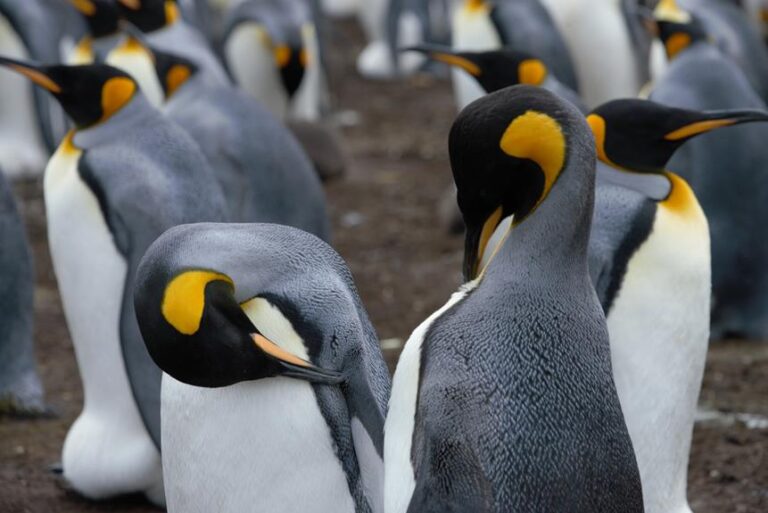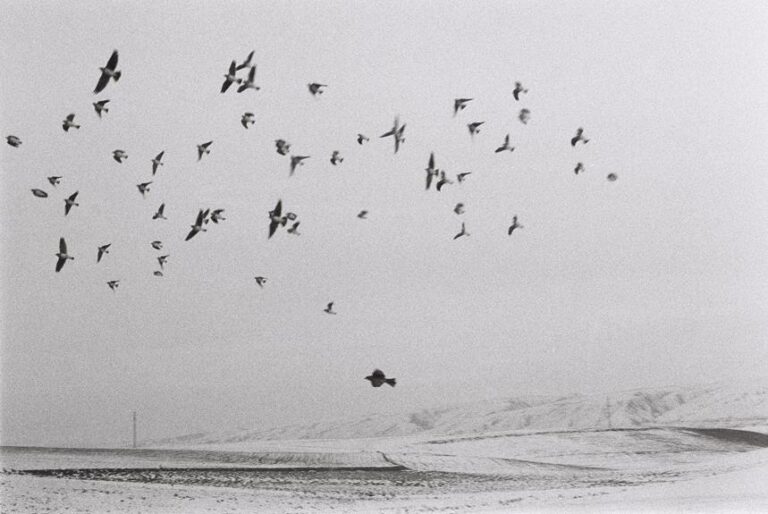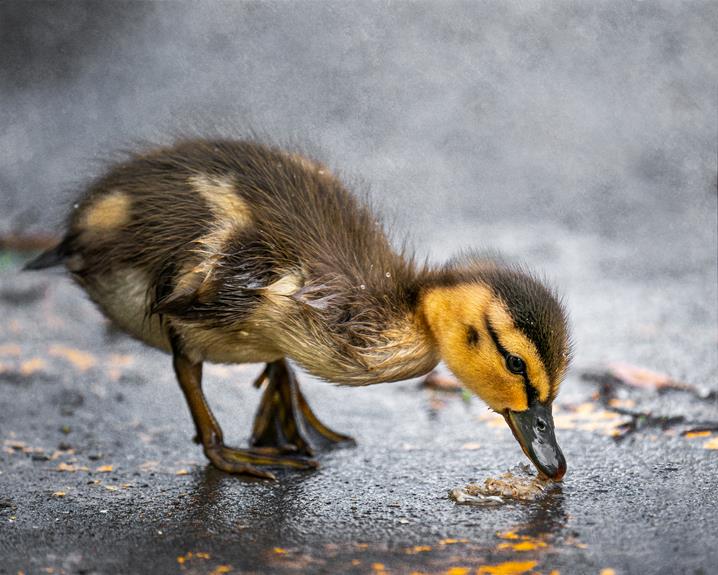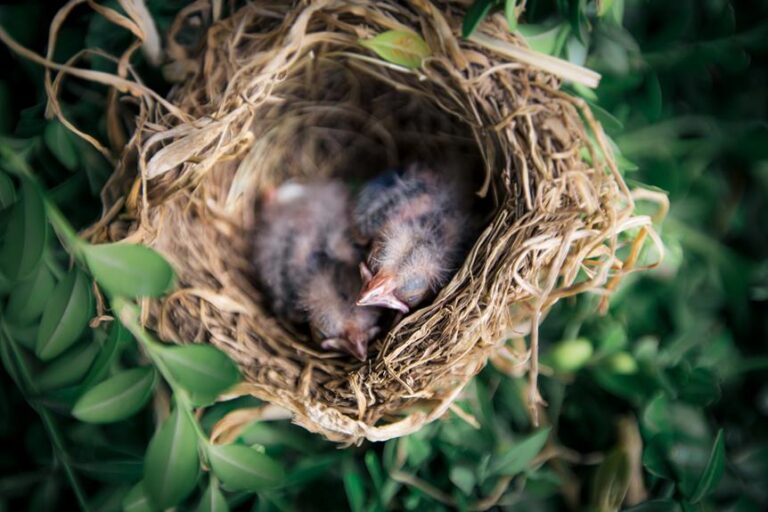From the awe-inspiring bald eagle to the petite hummingbird, wild birds have been a source of fascination for us humans throughout history. But how can we contribute to their well-being by supplementing their diet appropriately?
One factor to consider is if wild birds can consume raisins. This piece breaks down the nutritional advantages, potential hazards, and elements to bear in mind when offering raisins to wild birds. We also discuss alternative nourishment sources that can fulfill their dietary requirements.
As we go through this intriguing subject matter, we’ll gain insights into the most effective methods of caring for our avian companions.
Contents
Key Takeaways
In wrapping things up, it’s clear that raisins can be a charming snack for our winged friends in the wild. However, their intake should be carefully controlled to offset any possible risks. Always remember, raisins should be a treat, not a staple.
Let’s get a handle on the bigger picture here. Raisins are only a small part of what a bird’s diet should look like. These avian creatures must have a varied diet to stay healthy and thrive. As the saying goes, ‘variety is the spice of life,’ which also applies to wild birds.
So, while raisins can offer a welcome switch in their menu, they should always be paired with other nutritious food options. It’s all about balance. After all, “A balanced diet is a ticket to a healthy life,” and this rings true not just for us humans, but our feathered friends as well.
Keep in mind, that your backyard can be a bird’s gourmet kitchen, with a bit of thought and planning.
The Diet of Wild Birds
Wild birds have been feeding themselves on a mixture of insects, seeds, fruits, and nectar for hundreds of years. The insects they consume are a rich source of protein and vital nutrients.
Seeds provide them with the energy and fats they require. Fruits are a natural source of vitamins and minerals, and nectar serves as a significant energy source. Each variety of food plays a critical role in the growth, vitality, and health of these birds.
A diet that includes all these food types offers the best nutrition for wild birds. Recognizing the nutritional value each food type provides, and the potential hazards linked to some food items can go a long way in protecting the health of these feathered creatures. For example, offering fresh fruits and seeds as part of their diet helps to keep it balanced and healthy.
As the famous ornithologist, John James Audubon once said, “A true conservationist is a man who knows that the world is not given by his fathers, but borrowed from his children.” Let’s all make an effort to understand and protect our avian friends.
Can Wild Birds Eat Raisins
While raisins are a favorite munch for humans, the question arises whether they are safe for wild birds to consume. It’s advisable to conduct some research into the feeding habits and dietary needs of local bird species before adding raisins to their food.
Though raisins are rich in sugar, which could potentially cause weight issues or dietary imbalances for the birds, they also contain valuable nutrients such as vitamins, minerals, and antioxidants that can be beneficial for their health.
However, it’s best to proceed with caution and moderation when feeding raisins to birds. Considering other food options, like fresh fruits including berries or apple slices, or a selection of seeds, could be a smarter choice.
These alternatives not only supply essential nutrients but are also more aligned with the nutritional needs of birds.
Providing a variety of food choices helps maintain a balanced and nutritious diet for our feathered friends in the wild.
Health Benefits of Raisins
On occasion, raisins can provide a multitude of health perks for wild birds as part of their regular intake. Packed full of crucial nutrients, such as vitamins, minerals, and antioxidants, raisins can aid in digestion, fortify the avian immune system, and promote overall health and wellness.
Yet, one must be mindful that raisins carry high sugar content, which could potentially cause weight issues and dental problems.
To maintain a well-rounded nutrient intake, it’s of utmost importance to moderate the serving size and supplement the diet with other food types like fresh fruits and seeds.
- Raisins offer a wealth of vital nutrients, including vitamins, minerals, and antioxidants.
- Including raisins in the diet could improve digestion.
- Raisins could help in boosting the immune system of birds.
- The general health and well-being of birds might be promoted by adding raisins to their diet.
- To ensure a nutritious and balanced diet, it’s recommended to supplement with fresh fruits and seeds.
Risks and Considerations
Offering raisins to wild birds presents certain risks, one of which is the potential to disrupt their dietary balance. An excess of sugar, which raisins have in abundance, could lead to unhealthy weight gain and dental problems.
Moreover, a high intake of raisins could negatively affect the natural dietary balance of wild birds. It’s vital to exercise care when integrating raisins into the feeding regimen of wild birds, as maintaining a balanced diet requires moderation.
| Potential Risk | Suggested Strategy |
|---|---|
| Weight Gain | Control quantity of raisins offered |
| Dental Problems | Understand the dietary requirements of local birds |
| Dietary Imbalance | Provide a diverse food selection |
| High Sugar Intake | Keep an eye on the quantity of raisins consumed |
Alternative Bird Foods
Beyond raisins, many other foods can provide essential nourishment and enjoyment to wild birds. Think about fresh fruits like berries or sliced apples.
These not only offer tasty treats for our feathered friends but also supply a balance of nutrition. Seeds, for instance, sunflower, millet, and nyjer, also become excellent choices as they contain vital nutrients and energy.
Don’t forget about insects, nuts, and mealworms. These are rich in protein and other nutrients. Cooked grains and vegetables are another good idea, adding variety to a bird’s diet.
Lastly, consider suet, a food packed with fat. It’s particularly beneficial for birds in colder climates, supplying them with the energy they need.
By thoughtfully selecting and moderating these food options, you can contribute to the health and strength of wild birds. Remember, a little effort on our part can make a big difference in their lives.
As a bird enthusiast once said, ‘Feeding birds is not only a hobby but a contribution to maintaining bird populations in the face of habitat loss and climate change.’
Moderation and Caution
Feeding wild birds requires careful consideration and restraint. Supplying excessive amounts of food could cause various adverse effects such as weight gain and dietary imbalances.
Raisins, which are high in sugar content, should be served sparingly. Understanding their nutritional value and impact on the bird’s health is a necessary step before adding them to their food. You should also make an effort to understand the specific dietary needs of the local birds.
Always proceed with care when offering raisins as overindulgence can cause dental and health issues. Looking into other food options can be a safer nutritional path.
Fresh fruits and assorted seeds can be great choices for delivering essential nutrients without the danger of overfeeding. Presenting a range of food choices promotes a more balanced and healthier diet for the birds in your backyard.
Nutritional Requirements
When it comes to the diet of wild birds, it’s crucial to understand their nutritional needs. Their diet should be balanced and safe, containing all the necessary nutrients – protein, fats, vitamins, minerals, and fiber.
These elements are vital for their growth and development. A high-protein, low-fat diet is best for birds. Nutritional elements like Vitamin A and calcium are also required.
Insects are a rich source of protein and other essential nutrients for birds. Seeds and fruits are valuable for their energy and fat content. Nectar, too, supplies energy and vital vitamins and minerals. Additional vitamins and minerals can be obtained from fruits and vegetables.
When introducing new food items into a bird’s diet, it’s wise to do so gradually and with care. Offering a range of food sources will help to ensure the bird receives a balanced and nutritious diet.
As Aristotle once said, ‘Nature does nothing uselessly.’ This applies to the dietary needs of birds as well. The variety in their diet not only provides them with essential nutrients but also mimics the diversity of their natural foraging habits.
Conclusion
To wrap up, while raisins are indeed a favorable snack for wild birds, their consumption should be managed carefully to mitigate any potential hazards, and they must always be offered sparingly.
It’s vital to put into context that raisins are just a fragment of what a bird’s diet should consist of. A diversified diet is necessary for these birds to maintain vitality and flourish. The adage ‘variety is the spice of life’ rings true for wild birds as much as it does for us.
Therefore, while raisins can provide a delightful change, they should be complemented with other nourishing food items.


